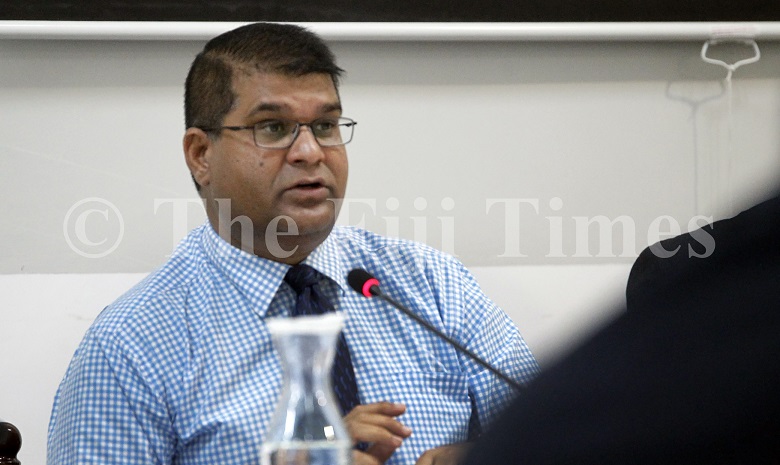THE global environment in which Fiji operates has remained volatile, says Reserve Bank of Fiji governor Ariff Ali.
In a submission to the Parliamentary Standing Committee on Economic Affairs on the bank’s August 2021 to July 2024 annual reports, Mr Ali said central banks worldwide had been navigating complex trade-offs, tightening policies to contain inflation while safeguarding economic growth and financial stability.
“Ongoing geopolitical tensions and the lasting effect of COVID-19 pandemic have further complicated the economic landscape,” Mr Ali said.
“Fiji, like many other countries, has faced these headwinds with resilience guided by informed and adaptive policy-making. It is, therefore, seeking to meet this mandate of the three years.”
Mr Ali said Fiji’s inflation rate had experienced significant fluctuations over the past five years, influenced by both global and domestic factors.
“Following a period of deflation in 2020 and the first half of 2021, prices picked up to 5.2 percent in July 2022.
“This increase was largely driven by the Russian-Ukraine war, lingering supply chain constraints linked to the COVID-19 pandemic, followed by the reopening of international borders.
“In 2023, inflation pressure stemmed from global supply chain disruptions, elevated freight cost and commodity prices.
“Price shocks begin to ease. As a result, Fiji’s inflation fell to 0.3 percent by July 2023.”
However, Mr Ali said inflation rose sharply again in 2024, reaching a high of 6.8 percent in July.
He said this uptick was attributed to several domestic and external factors, including tax reforms introduced in the 2023-2024 national budget and the impact of flooding in early March.



